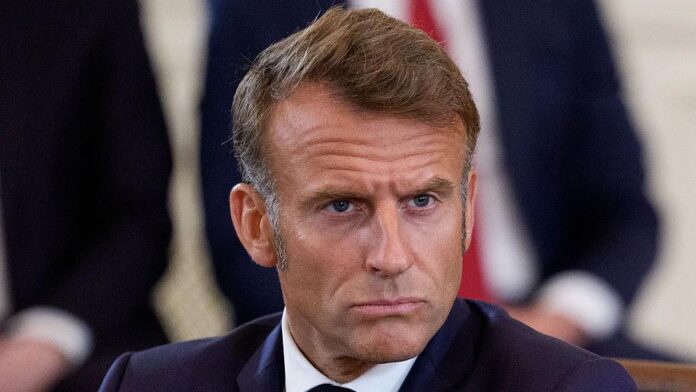France’s political crisis intensified on Monday after Prime Minister Sébastien Lecornu unexpectedly resigned, just hours after announcing his cabinet. His exit, only 27 days into the job, marked the shortest premiership in modern French history and sent shockwaves through markets and the political establishment.
Lecornu handed his resignation to President Emmanuel Macron after it became clear that his newly formed government would not survive a looming no-confidence vote. Allies and opponents alike had threatened to topple his administration, which lasted barely 14 hours.
“The conditions were not fulfilled for me to carry out my function as prime minister,” Lecornu said, accusing political factions of “partisan appetites” that forced his decision to step down.
The resignation plunged the country deeper into political instability that has persisted since Macron’s re-election in 2022, when no party secured a parliamentary majority. Macron’s decision to call a snap legislative election last year only worsened the deadlock, resulting in an even more fragmented parliament.
Lecornu, 39, was Macron’s fifth prime minister in two years and had been appointed on September 9 with hopes of easing domestic tensions and allowing the president to refocus on foreign policy. Instead, his short tenure ended like those of his predecessors François Bayrou and Michel Barnier, who were ousted during budget battles.
France’s mounting debt, now over €3 trillion, remains at the center of these political fights. The upcoming austerity budget has split parliament into three rival blocs; Macron’s centrist minority, the far right, and the left making compromise difficult.
Market reactions were swift. French stocks fell, with the CAC 40 index dropping 1.7 percent on Monday morning, while the euro also dipped. A German government spokesperson warned that “a stable France” is crucial for European stability.
The political fallout has renewed calls for Macron’s own resignation. Mathilde Panot, leader of the hard-left France Unbowed party, declared, “Lecornu resigns. Three prime ministers defeated in less than a year. The countdown has begun. Macron must go.”
Marine Le Pen, head of the far-right National Rally, said it would be “wise” for Macron to step down and urged new legislative elections as “absolutely necessary.” Her party leader, Jordan Bardella, said they are prepared to govern if elections are held.
Macron has so far resisted both resignation and another snap poll, but pressure is mounting. Naming a new prime minister would make this the eighth of his presidency. Analysts warn that all his options carry significant risks, including the possibility of ushering the far right into power.
Mujtaba Rahman of Eurasia Group said Macron’s most likely path is to appoint a new prime minister and challenge opposition parties “to cooperate to avoid a profound fiscal and political crisis.”
For now, Macron faces the crisis largely alone, as Le Monde noted, and France’s political future remains deeply uncertain.

